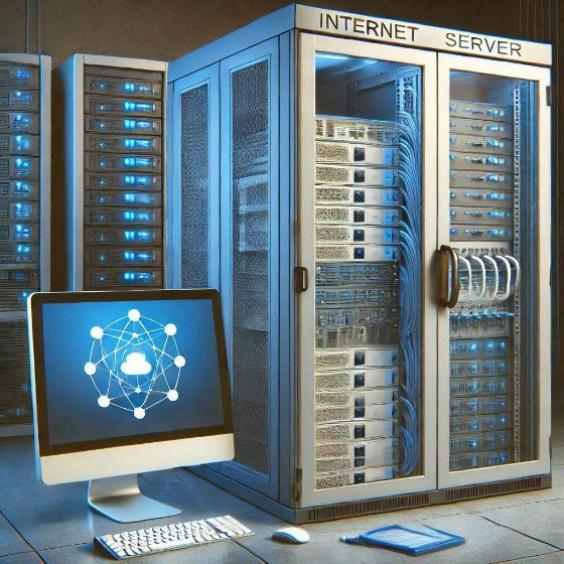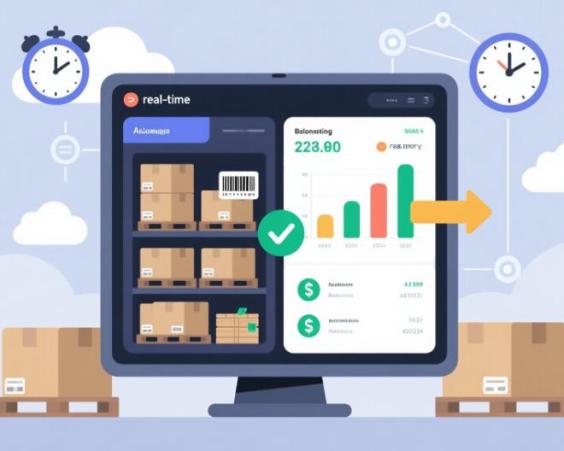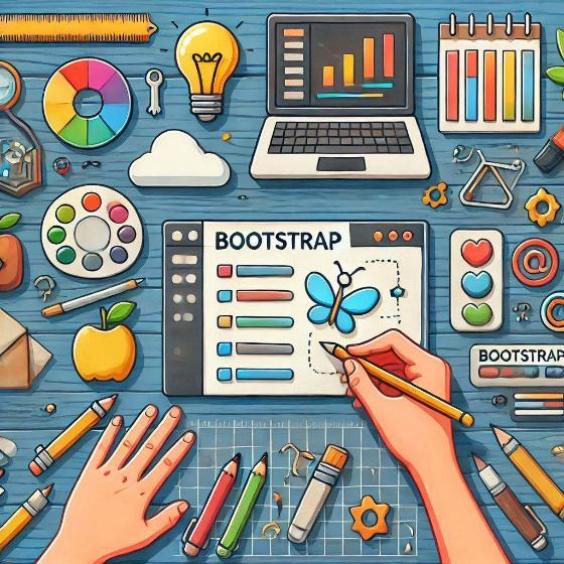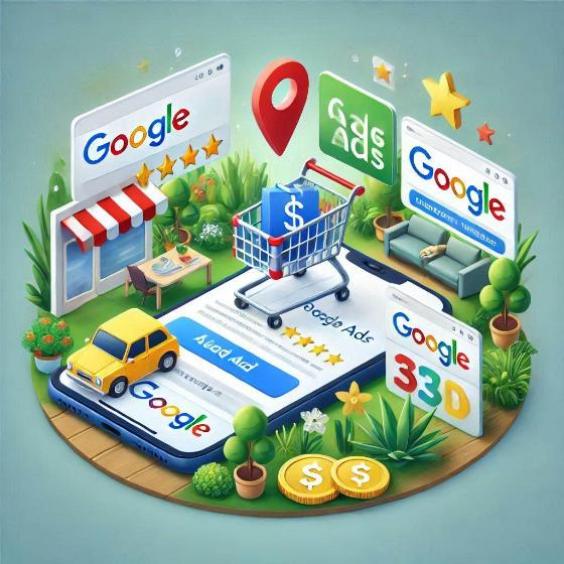What is CRM software
In an increasingly competitive market, maintaining a close and effective relationship with customers is crucial for the success of any business. It is here that CRM software (Customer Relationship Management) plays a fundamental role. But what is a CRM and what type of companies should consider it?

What is a CRM?
A CRM is a software system designed to manage all the interactions and relationships of a company with its current and potential customers. This software helps companies stay connected with their customers, optimize processes, and improve profitability.
The main function of a CRM is to centralize and organize customer information, from contact data and preferences to the history of interactions and purchases. This allows companies to offer a more personalized service, anticipate customer needs, and respond more effectively to their queries or problems.
What type of companies should use a CRM?
The use of a CRM is not limited to large corporations. In fact, any company that interacts with customers, regardless of its size, can benefit from this type of software. However, there are certain types of companies for which a CRM can be especially valuable:
Companies with a large number of customers:
If your company handles a large customer base or potential customers, a CRM will help you manage these relationships more efficiently. By centralizing all the information in one place, you can ensure that no sales opportunity is lost, and that each customer receives the appropriate follow-up.
Companies that seek to improve customer service:
If you want to offer exceptional customer service, a CRM is an indispensable tool. It allows you to have a complete history of each customer, which facilitates solving problems quickly, personalizing interactions, and increasing customer satisfaction.
Companies with sales or marketing teams:
Sales and marketing teams greatly benefit from a CRM, as it provides them with a clear view of the sales funnel, business opportunities, and customer behavior. A CRM allows sales teams to effectively track opportunities, manage leads, and close sales faster. For marketing, a CRM facilitates customer segmentation and the creation of more effective campaigns.
Companies that seek to increase customer retention:
Retaining existing customers is usually more profitable than acquiring new ones. A CRM helps you better understand the needs and behaviors of your customers, which allows you to offer products or services that truly interest them, and keep them engaged with your brand.
Companies that seek to improve internal collaboration:
A CRM not only benefits customer-facing teams, but also improves internal collaboration between different departments. By having access to the same centralized information, teams can work together more effectively, ensuring that everyone is aligned with business goals and the customer service strategy.
When is a CRM not necessary?
For small businesses with a small number of customers and a simple organizational structure, implementing a CRM may not be necessary, at least in the early stages. In these cases, basic tools such as spreadsheets or contact management applications may be sufficient to effectively manage relationships with customers.
A CRM is a powerful tool that can transform the way your company interacts with customers, but it is especially valuable for larger companies with a significant customer base, sales or marketing teams, and those that seek to improve customer retention. Although a CRM may represent an investment in terms of time and resources, the benefits in terms of efficiency, customer satisfaction, and increased sales can make it worthwhile for many companies.






